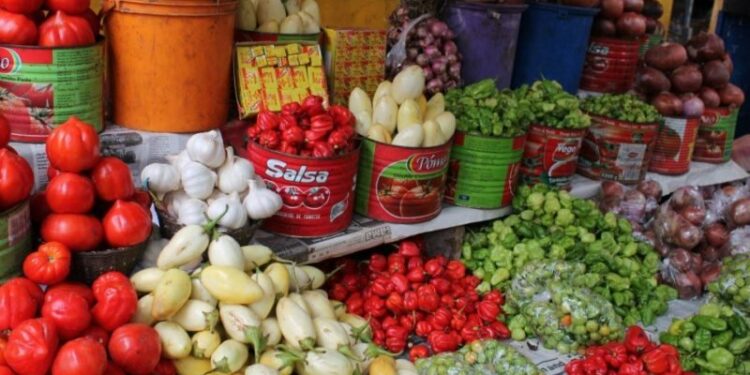Ghana Warned of Surging Food Import Costs as Illegal Mining Contaminates Farmlands
Ghana’s peasant farmers have warned that the country’s $3.5bn annual food import bill could rise sharply if government fails to clamp down on illegal gold mining, following new evidence of widespread soil and water contamination.
A study by US-based NGO Pure Earth and Ghana’s Environmental Protection Agency found mercury, arsenic and lead concentrations at levels far above international safety thresholds across six regions where artisanal and small-scale mining is prevalent. Researchers said the pollution poses a direct threat to agricultural productivity and food safety, with long-term risks to public health.
In Konongo Zongo in the Ashanti region, mercury levels in soil were measured at 1,342 parts per million — more than 130 times the permissible limit — while arsenic concentrations in water samples from nearby communities exceeded global drinking water standards. Lead was also detected in fish and vegetables from Central and Western North regions at levels surpassing World Health Organisation guidelines.
“If farmers are forced to abandon production because their land and water are poisoned, the impact on our nation will be catastrophic,” said Bismark Nortey, executive director of the Peasant Farmers Association of Ghana. “The food import bill, which we already complain about, could escalate even further as consumers grow wary of locally produced food.”
Ghana, a leading gold producer in Africa, has long struggled to regulate small-scale mining, known locally as galamsey. The sector supports hundreds of thousands of livelihoods but is frequently associated with environmental destruction and weak enforcement.
The report warns that chronic exposure to heavy metals could undermine child development and increase cases of kidney and neurological disease in mining communities. Researchers urged the government to prioritise remediation in high-risk areas using low-cost technologies such as phytoremediation, which deploys plants to absorb contaminants from soils.
The findings come as Ghana contends with rising food prices, a depreciating cedi and widening trade deficits. Analysts say a further escalation in food imports would deepen external financing pressures and strain already limited foreign exchange reserves.








